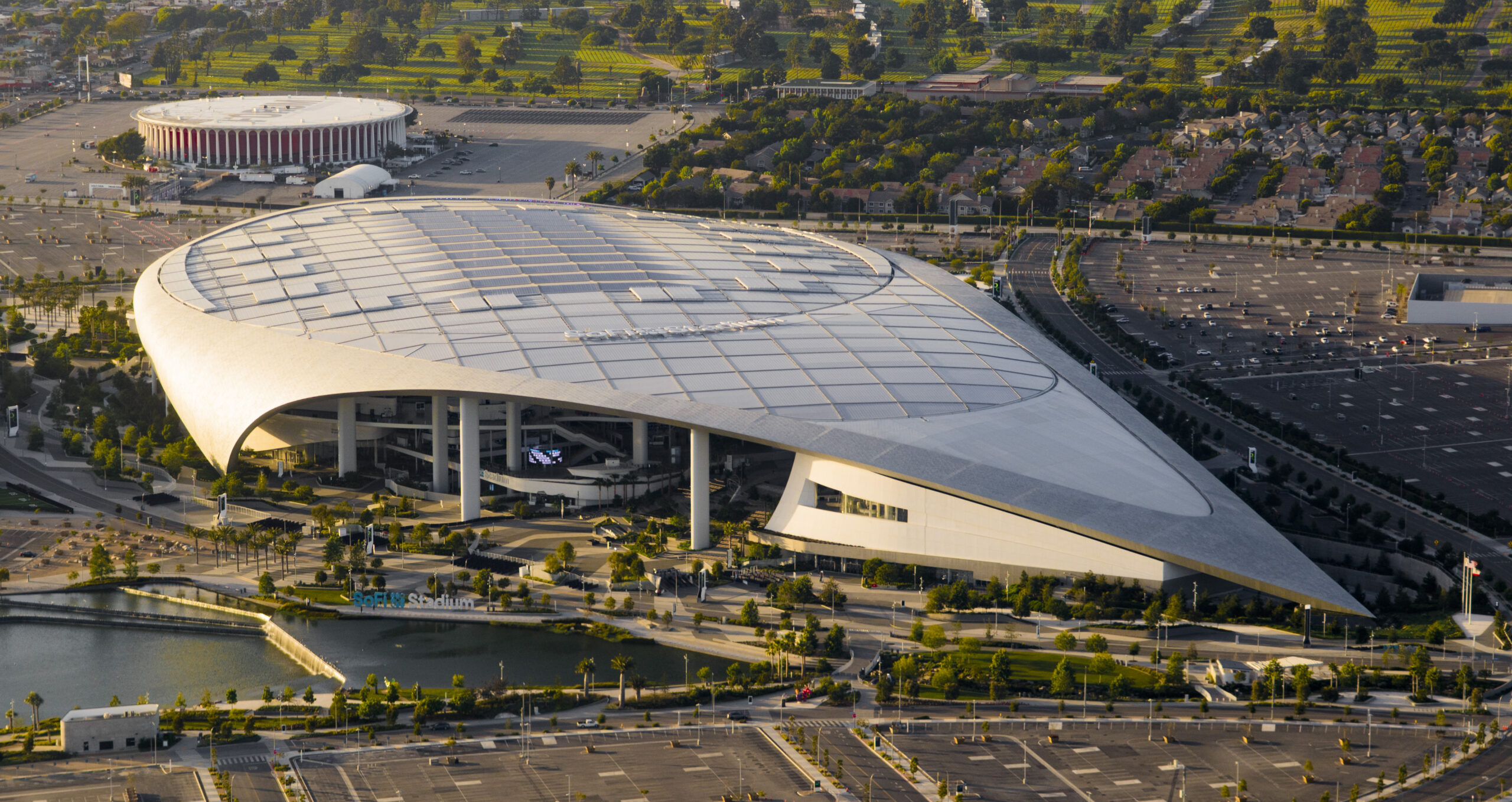SAJE fights for community-led development that benefits the people who already live in our neighborhoods.
We train community members to become involved in the planning and governance processes. With local community residents and coalition partners, SAJE pioneered the development of community benefits agreements with private developers. These agreements have:
- Created a pipeline to living wage jobs for thousands of local residents
- Obtained commitments from developers to fund parks and open space
- Secured spaces for a community-serving health center
- Required the creation of new affordable housing
 We also host the Figueroa Corridor Jobs Coalition, which has placed thousands of residents into living-wage jobs and is a founding member of the National Right to the City Alliance.
We also host the Figueroa Corridor Jobs Coalition, which has placed thousands of residents into living-wage jobs and is a founding member of the National Right to the City Alliance.
Equitable Development Principles
SAJE gathered residents together to develop a set of principles around land use. Together, local residents decided that land use planning and development should benefit low-income communities by:
- Investing in people first. The land should support human development and economic equity;
- Institutionalizing the genuine participation of low-income communities—at the earliest stages of planning—
in decision-making, implementation, and monitoring; - Promoting and advancing opportunities for community control of land and resources;
- Not directly causing or leading to the displacement of residents from their homes or communities;
- Providing tangible and enforceable economic benefits for local residents, including ample housing for low-income households, jobs with family-supporting wages, targeted hiring for local and disadvantaged residents and the opportunity to build equity and wealth among low-income individuals and communities;
- Preserving and creating an ample supply of housing affordable to working-class and low-income residents;
- Ensuring all housing promotes the physical, emotional, mental and economic health of residents;
- Strengthening the health and well being of residents through the expansion of quality health care services, walkable and bike-able streets, and the preservation and increase of parks and open space while making appropriate investments to ensure their safety and security;
- Guaranteeing that public infrastructure investments and zoning changes that increase land values serve to benefit all community members;
- Preserving the culture and values of the local people;
- Supporting the rights of tenants to be long-standing members of the community;
- Addressing critical issues including legal and illegal rent increases, harassment of tenants and illegal evictions.




